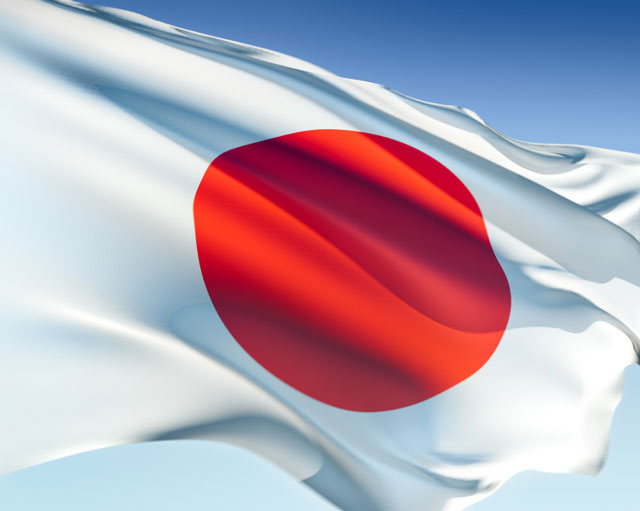Noah Smith asks if Japan should default and then runs through a few pros and cons. To me, this is a silly question. First of all, Japan’s debt is denominated in a currency it can always create. They have no external debt and they don’t peg their currency to a foreign currency thereby relinquishing their monetary sovereignty. So Japan can’t really be forced to default except through inflation (they could CHOOSE to default, but that would be catastrophic and unnecessary). That is, they can’t “run out of Yen” to meet their Yen denominated obligations. They could, however, print so much Yen that it causes inflation to run wildly out of control which could cause numerous problems in FX markets, bond markets, etc. Obviously, Japan isn’t suffering from an inflation problem and they’d probably welcome a bit of inflation.
But the question on so many people’s minds is – what about Japanese interest rates? If inflation rises then interest rates will rise, right? And then Japan will be spending an unaffordable amount on their debt servicing, right? True, but let’s keep things in perspective.
First of all, government interest expense is fiscal policy. Second, Japan can control the duration and interest rate they pay on their debt. After all, they can issue Yen and they’re the monopolist of risk-free Japanese Government Bonds. So, if you don’t want to hold Yen denominated “money” then you can opt for an interest bearing JGB which can only be issued by the Japanese government. So let’s say the Japanese government gives you the option between risk-free 5 year JGB’s at 0.5% or risk-free deposits at 0%. Which one will you choose? You’ll choose the bonds until inflation rages to the point where hyperinflation destroys the Yen, right? Until then, the Japanese Government will always find holders of their bonds because it’s a no-brainer to buy risk-free JGB’s at 0.5% when the alternative is risk-free deposits at 0%. If you hold to maturity rather than flipping them like you’re the ETrade baby then you’ll generate a positive nominal return (though not necessarily a real return).
And that’s the kicker here. The Japanese government is not at the mercy of bond vigilantes. It can determine the duration of the JGBs outstanding as well as the interest rate it is willing to offer those bonds at. So if the Japanese government is worried about interest rates then they should just shorten the duration of outstanding bonds and set a cap on the interest rate they offer those bonds at. They’ll still find plenty of willing buyers even if the bonds generate a real negative return. After all, the cash alternative is GUARANTEED to lose 0.5% MORE than the JGB offered.
So there, we just solved Japan’s “fiscal crisis”. All they need to do is shorten the duration of their outstanding bond issues and understand that they can set the rate of those bonds at whatever price they want.
Mr. Roche is the Founder and Chief Investment Officer of Discipline Funds.Discipline Funds is a low fee financial advisory firm with a focus on helping people be more disciplined with their finances.
He is also the author of Pragmatic Capitalism: What Every Investor Needs to Understand About Money and Finance, Understanding the Modern Monetary System and Understanding Modern Portfolio Construction.


Comments are closed.